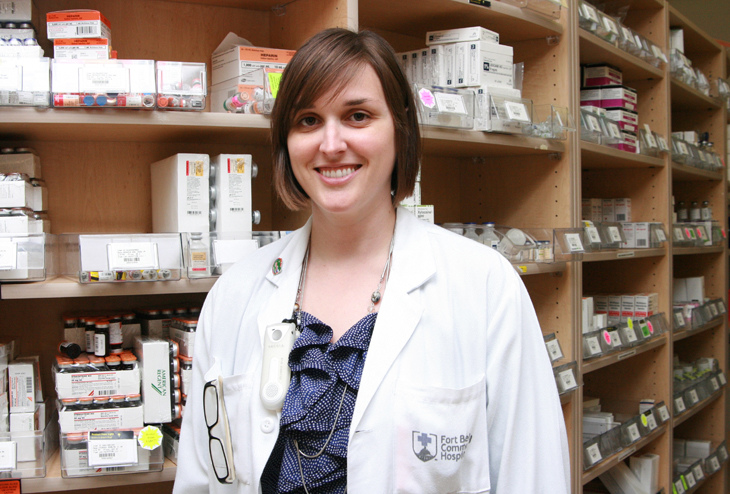
You would be amazed to know that back in 2008, the US spent a massive $234 B on prescription medications. Now that is a lot! Moreover, as per a statistical analysis by the CDC (Centers for Disease Control), it was identified that Americans falling the age bracket between 20 and 59 receive one prescription medication – that is the minimum estimate.
However, senior US citizens in the age bracket of 60 and 70 receive at least 2 or 3 medical prescriptions.
There is really no doubt that taking care of your monthly expenses, managing your medications and affording your prescriptions can be a costly and daunting endeavor. That is essentially why you need to form a good relationship with your pharmacist or become a loyal customer to avail strategies that can help you cut down on your prescription costs.
As aptly put by Sophia De Monte – who manages a private pharmacy in New York – your drug store professional or pharmacist is one of the most accessible components and a fundamental part of your health care team.
In light of this, mentioned below are some very important questions you must ask your pharmacist to try and save money on your prescriptions.
This is How Your Pharmacist Can Help You
1. Can I Stop Taking a Certain Medication Because I am On This Prescription Now?
First of all, it is vital that you never quit a prescription or any other medication without asking your physician or pharmacist first. Sure, quitting some medications will help you save money to afford your prescription, but you need to know what medication you can stop using.
Moreover, by doing so, managing your medication or your parents or child’s drugs will become easier and simplified. Plus, you will completely steer clear of the chances of accidentally taking the wrong medicine. And in case you have just been discharged from the hospital, you must have a quick word about your prescriptions with your local pharmacist.
Why? Well, that is primarily because a majority of people are on medications that have plenty of generics and alternative, but they don’t know anything about it. That is where you pharmacist comes into play. And due to the availability of these generics, hospitals optimize the selection of drugs in their inventory and may prescribe the patient a generic when they are hospitalized.
Simply put, when you discharged, the doctor in charge may change your prescription to that alternative medication they were giving you and ask you take the drugs alongside your previous medical prescription. In a majority of cases, these prescriptions can lead to devastating health implications, which is why you must consult with your pharmacist.
2. Should I keep Taking Certain Vitamins and Herbal Supplements along OTC Drugs and My Prescription
This is another way you can save on your prescriptions. Ask the drug store manager if there is a risk that your OTC medications or any type of vitamin supplements will interfere with your prescription and lead to any health risks. According to Westlake Drug Pharmacy VP Derek Quinn, vitamin supplements, herbal alternatives and over the counter medication like Tylenol are all essentially drugs.
For instance, vitamin E can thin your blood. So, if you take this vitamin along with your blood thinner medications, you are at risk of profuse bleeding. Uncontrollable bleeding can prove to be fatal in some cases.
Moreover, vitamins are expensive as well, so ask your pharmacist what vitamins you should quit taking.
3. Is there any Chance that You can Schedule an Appointment to have Your Prescriptions Reviewed?
You can ask your pharmacist to schedule a therapy management appointment to review all your prescriptions. This is a very smart and effective way of saving money on expensive medications. During the appointment your pharmacist will review each and every single prescription drug and recommend tips on how you can save some cash on all of them.
One tip for instance, may involve switching you on a more potent or powerful drug to help you reduce the number of medications you take.
He will also tell you whether switching your current health insurance coverage for example, Medicare can help reduce the total costs of your prescription.
4. Are Generic Medications Available?
Don’t hesitate to ask the pharmacist if he has any generic alternatives available for specific prescriptions. It is vital to understand that even specialist doctors and physicians don’t have a clue about whether or not there are generics available. But pharmacists do. Moreover, these medications are more or less potent than branded products and cost 70 to 80% less than the original prescription.
A majority of generic drugs are equally potent, and that is because the FDA (Food and Drug Administration) require those drugs to have the same active components and ingredients as the original medications. There is just one simple difference between generic and original medications – and that is that amount or type of inactive ingredients that make up the medication.
For a lot of people who are on prescription medications and are having a hard time affording them, this difference in inactive ingredients will not make any difference or cause a problem. However, this can be a problem for patients who are on time-release medications. So, it is equally important to ask both the pharmacist and your doctor whenever you switch to a generic.
5. Can I use any Other Resources that May Help Me Afford my Prescriptions?
It is important that you ask your pharmacist if there are any medical prescription assistance programs that you can resort to in your area. There are plenty of communities that use resources to help patience be able to afford important prescriptions. You can also ask him to help you find a coupon for Cialis.
Plus, your pharmacist might also be in touch with patient advocates of non-profit organizations and social workers that can help you fill all the necessary documentation to enter the assistance programs.
Bottom Line
All in all, these are some of the best way your pharmacist can help you with your prescriptions.


